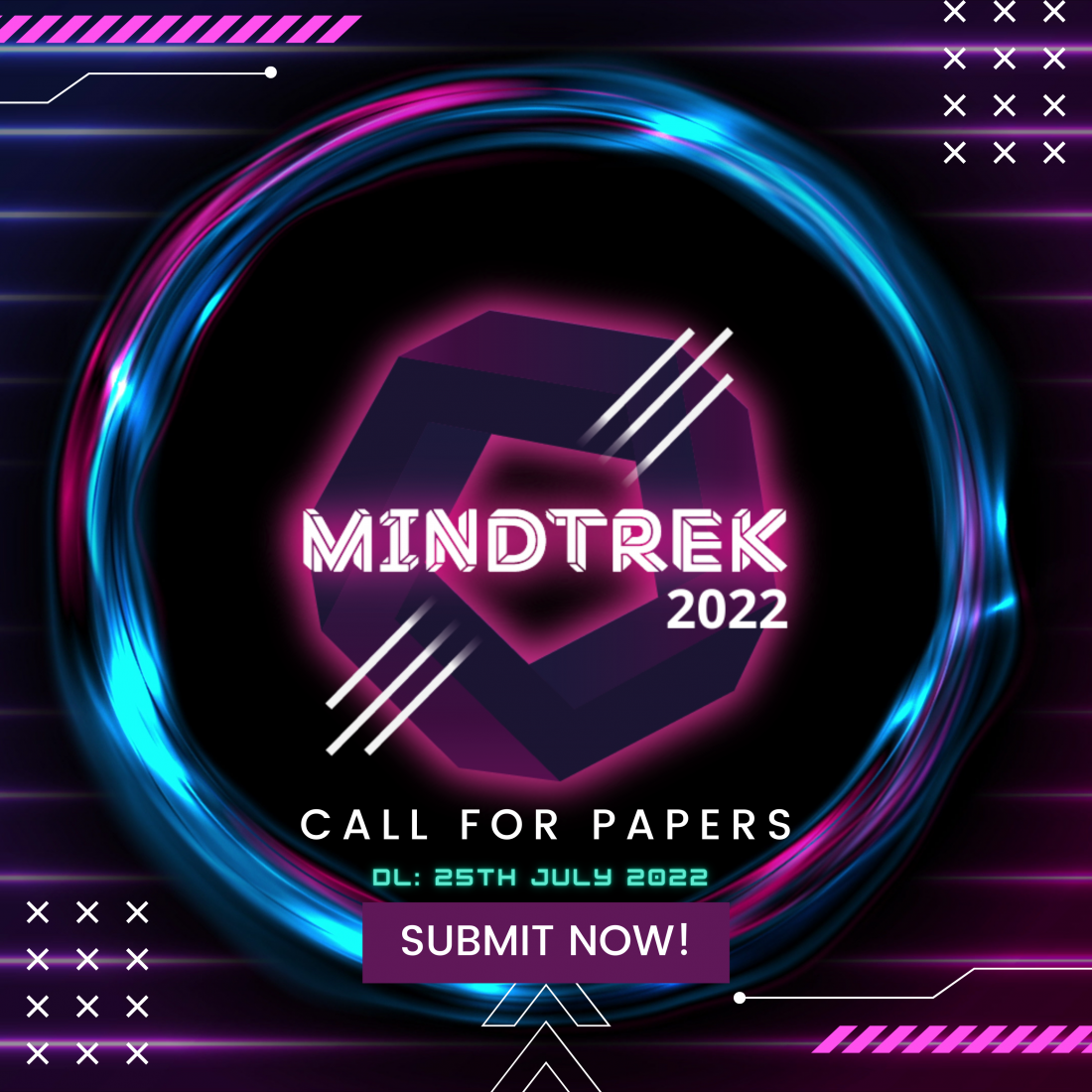
CALL FOR PAPERS – ACADEMIC MINDTREK 2022
We are very pleased to announce that the 25th International Academic Mindtrek conference will take place between the 16th and 18th of November 2022. The conference will welcome proposals for full papers, workshops, demonstrations and poster presentations on a variety of topics (see tracks below) as well as a Doctoral Consortium.
For more information: https://www.mindtrek.org/2022/academic-2022/
Academic Mindtrek 2022 welcomes submissions under the following tracks:
- Games and Gamification
Chairs: Juho Hamari and Benedikt Morschheuser (FAU Erlangen-Nürnberg) - Understanding and Designing the Socio-Technical
Chairs: Thomas Olsson and Robb Mitchell (University of Southern Denmark). - Fictional, Speculative and Critical Futures
Chairs: Oğuz ‘Oz’ Buruk, Ahmet Börütecene (Linköping University), Conor Linehan (University College
Cork) - Playable Cities
Chairs: Mattia Thibault, Anton Nijholt (Twente University) and Annika Wolff (LUT University) - Metaverse
Chairs: Nannan Xi, FIona Nah (City University of Hong Kong), Philipp A. Rauschnabel (Universität der
Bundeswehr München) and Sylvia Xueni Pan (Goldsmiths, University of London). - Human-nature interactions
Chairs: Ferran Altarriba , Velvet Spors, Katherine Isbister (University of California, Santa Cruz) and Pat
Brundell (University of Nottingham). - Datafication for Good
Chairs: Zampeta Legaki, Kostas Karpouzis (Panteion University of Social and Political Sciences) - Dark Side of Information Technology Use
Henri Pirkkalainen, Monideepa Tarafdar, (Lancaster University) and Markus Salo (University of
Jyväskylä). - Robotic and conversational interactions
Chairs: Aino Ahtinen, Mohammad Obaid (Chalmers University of Technology), Roel Pieters and Nasim
Beheshtian . - Designing for and with Children
Chairs: Sumita Sharma, Grace Eden (Indraprastha Institute of Information Technology) and Noura Howell
(GeorgiaTech) - Technology in Education
Chairs: Muhterem Dindar and Daniel Bodemer (University of Duisburg-Essen)
Timeline for Academic Mindtrek 2022
Deadline for full papers, demonstrations, and workshops submissions:
July 25th, 2022
Notification of acceptance (full papers, demonstrations, and workshops):
September 20th, 2022
Deadline for poster proposals and doctoral consortium submissions:
September 25th, 2022
Notification of acceptance (posters and doctoral consortium):
October 5th, 2022
Copyright forms submission:
October 10th, 2022
Conference registration & camera-ready paper submission:
October 15th, 2022
Conference dates:
16th and 18th November 2022
Types of Submissions
Full Papers
All submissions will be peer-reviewed and anonymous. Therefore, please remove any information that could give an indication of the authorship. The papers should contain 8-16 pages, excluding the list of references, in single-column format. Mindtrek emphasizes that the length of the submissions should be commensurate with their contribution. Therefore, the authors are encouraged to weigh, especially for papers more on the longer side (more than 12 pages), if their contribution justifies the length of the paper. Papers that do not conform to the page limits (less than 8 pages or more than 16 pages excl. references) might be desk-rejected. At least one author should attend the conference to present the paper if accepted.
Poster presentations
Poster proposals should be between 4-6 pages long excluding references and a poster should be presented during the conference. Poster submission will be reviewed by track chairs. At least one author should attend the conference to present the poster if accepted.
Workshop proposals
Workshop proposals should be papers between 4-6 pages long excluding references. Workshop proposals should also include the organizing committee, a description of the theme and goals of the workshop, a short CV of organizers, duration, and the schedule. Depending on the attached number of papers for each workshop, we provide space for either half-day or full-day workshops. Workshop submissions will be reviewed by track chairs. At least one author should attend the conference for organizing the workshop during the conference. Workshop organizers can create their own proceedings of the accepted position papers (e.g., they can publish submitted papers on their workshop web page). Previous examples include, e.g., workshops on Archives in DNA, Playable Research Concepts, Social Robot Human Interaction, among others.
Demonstration proposals
Interactive experience demonstration proposals should be papers between 4-6 pages long excluding references. Papers submitted as demonstrations should include:
a) a description and motivation of the interactive experience
b) general architecture of the interactive experience
c) description of the main features of the demonstration
d) the emphasis on novelty when compared to other existing related interactive experiences
e) required materials and the setup to illustrate the demonstration at the conference (e.g. displays,
electrical outlets, size of the area, poster board)
f) link to the video of the interactive experience demonstration (required)
g) the type of license (if applicable),
h) the website (if applicable)
i) brief description of the scientific basis behind the interactive experience demonstration (if applicable).
Demonstration proposal will be reviewed by track-chairs.
At least one author should attend the conference to present the demonstration if accepted.
Doctoral Consortium
Doctoral Consortium presentation proposals should be papers between 4-6 pages long excluding references. Doctoral Consortium at Mindtrek invites proposals from doctoral students. The Doctoral Consortium is a platform for early-stage doctoral students to present, develop and share ideas. The participants will gain insights from highly acclaimed HCI researchers and feedback on their research work. This forum will also provide visibility and networking platform with fellow researchers. Selected doctoral consortium entries will be published in the proceedings as short papers. Please submit the following documents in PDF-format:
- Summary of your doctoral research project including e.g.:
• The current status of your work
• The motivation that drives your dissertation research or what motivated you to begin
• Research objectives/goals/questions
• Key concepts or terminology that frames your research
• Theoretical framework(s) used in the research
• Hypothesis/thesis and/or problem statement
• Your research approach and methods
• Results to date
• Future work - Your CV, describing your academic activity and current stage of your doctoral research project
Submission Format
Please see the following pages regarding the formatting of your publication. This year Mindtrek adopted the formatting guidelines of ACM. All submission will be in the single-column format as described in the pages below. Please follow the guidelines carefully as they are integral to the successful publication of your submission and not adhering to the guidelines may make it significantly harder to prepare your submissions for publication if accepted.
https://www.acm.org/publications/authors/submissions;
https://authors.acm.org/proceedings/production-information/taps-production-workflow
MAIN ORGANIZERS
MARKKU TURUNEN,
Tampere University
General Chair
JUHO HAMARI,
Tampere University
Academic Chair
OĞUZ BURUK,
Tampere University
Academic Chair
MATTIA THIBAULT,
Tampere University
Academic Chair
TIMO VÄLIHARJU,
COSS
Mindtrek Conference Chair
PEPPI HEIKKILÄ,
COSS
Local Arrangement Chair and Conference Management
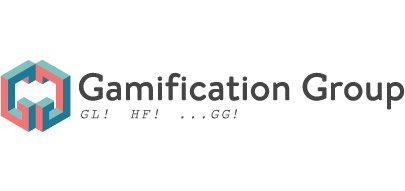
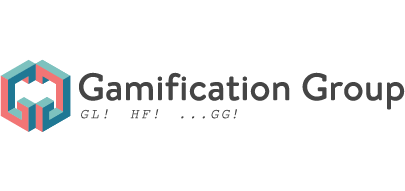
Sorry, the comment form is closed at this time.